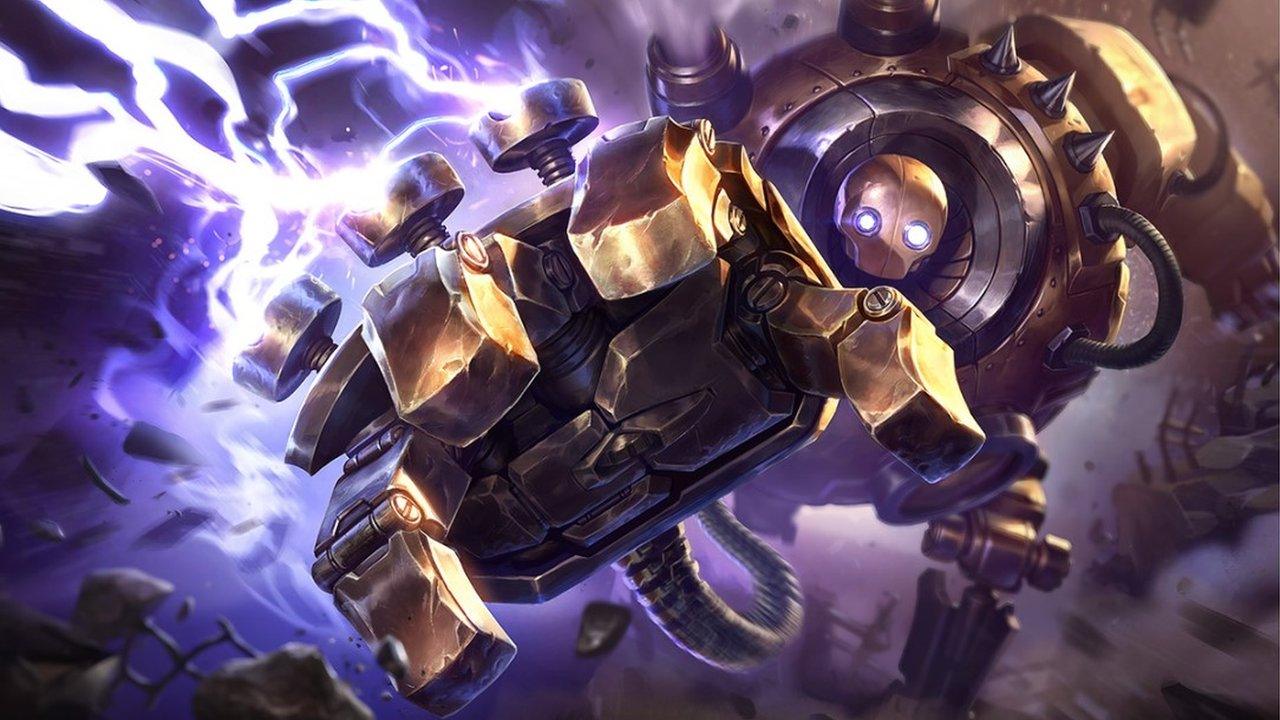UK gets 24-hour esports gaming channel on TV
- Published
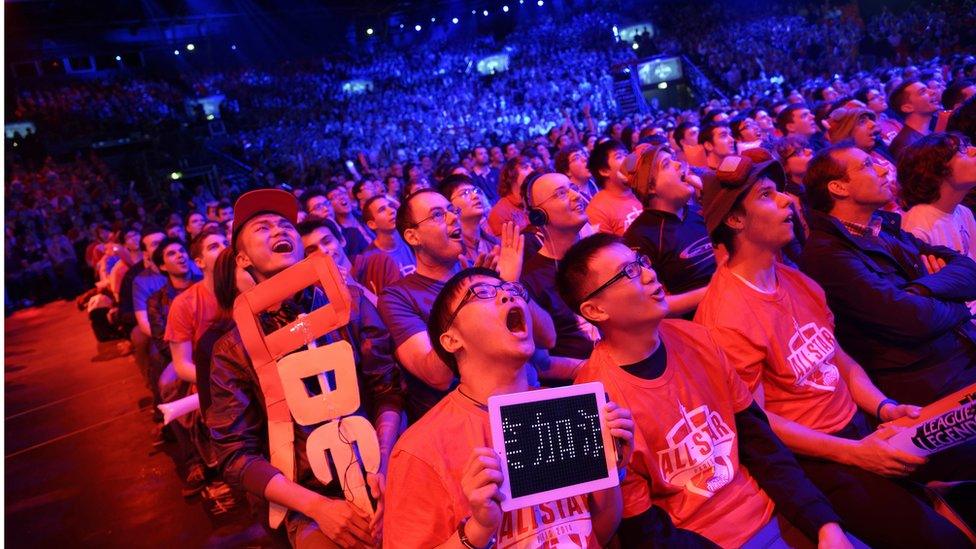
Many games, such as League of Legends, run their own large-scale stream of top tournaments
The UK will soon have its first 24-hour TV channel dedicated to competitive gaming or esports.
Ginx eSports TV will be available via Sky's television service and will air footage from tournaments as well as produce original content.
It plans to show Valve's Dota 2 international competition as well as global tournaments for Counter Strike.
But one expert wondered where the audience for the channel would was going to come from.
Competition time
In a statement, Ginx boss Michiel Bakker said the channel aimed to give esports "significant mainstream TV exposure" that would complement the online streaming of gaming that many watch.
He said he hoped that making the channel available to Sky's millions of customers would help people discover esports for the first time. It would also give established fans a different perspective on competitions and tournaments, he added.
The channel will face significant competition for its audience as many gamers prefer to watch gaming streams online. Many follow regular gamers on the Twitch streaming service, on YouTube and Facebook or via sites run by game makers to broadcast top tournaments.
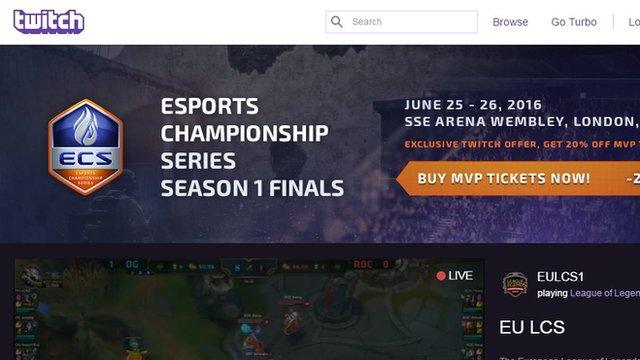
Many game fans rely on streaming services such as Twitch to keep up with favourite players
Earlier this year, Activision Blizzard bought the Major League Gaming firm as the start of a plan to make competitive gaming more accessible.
Increasing numbers of established broadcasters are also starting to put gaming tournaments on mainstream channel. Last year, the BBC aired the highlights of the quarter finals of Riot Games' League of Legends world championships. And, in the US, the sports network ESPN has also started to focus more on pro-gamers.
A report published earlier in 2016 by Deloitte predicted that global revenues from esports will rise by 25% this year to $500m (£353m). Its regular audience will likely top 150 million people globally, it predicted., external
Alec Meer from gaming news site Rock, Paper Shotgun wondered who would be watching the tournaments and gaming-themed shows.
"It is difficult to imagine what the channel could possibly do to entice people away from watch-anywhere esports with favoured commentators and streams on YouTube and Twitch and back to broadcast TV," he said.
Many young people had simply "abandoned" TV in favour of web video, he added.
"Perhaps it's in with a chance if it can bag exclusive rights, as with football, but even if it does there's so much other esports out there that there's simply no way of cornering the market," Mr Meer told the BBC.
"Good luck to 'em," he said. "It's nice to see more gaming on TV for sure, but I rather suspect it's far too late at this stage."
- Published5 January 2016
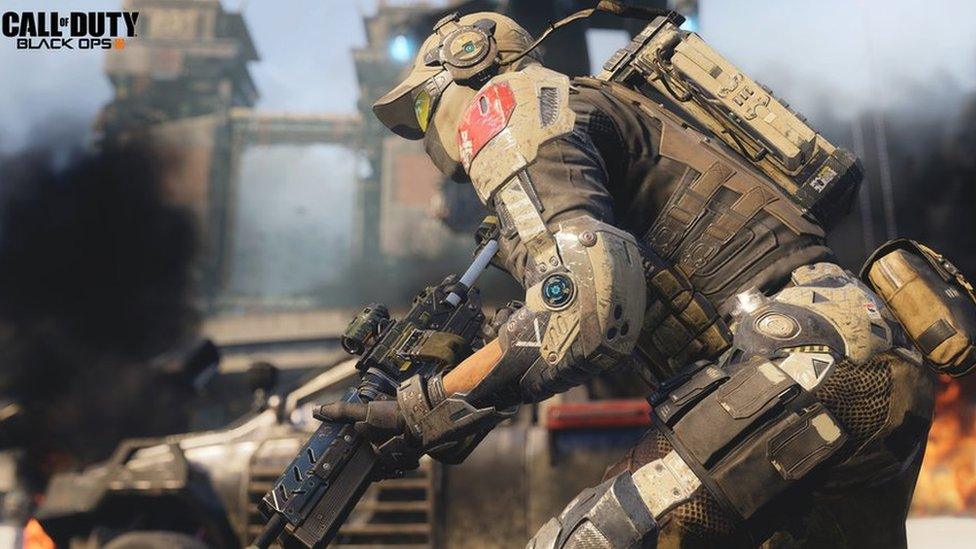
- Published4 December 2015
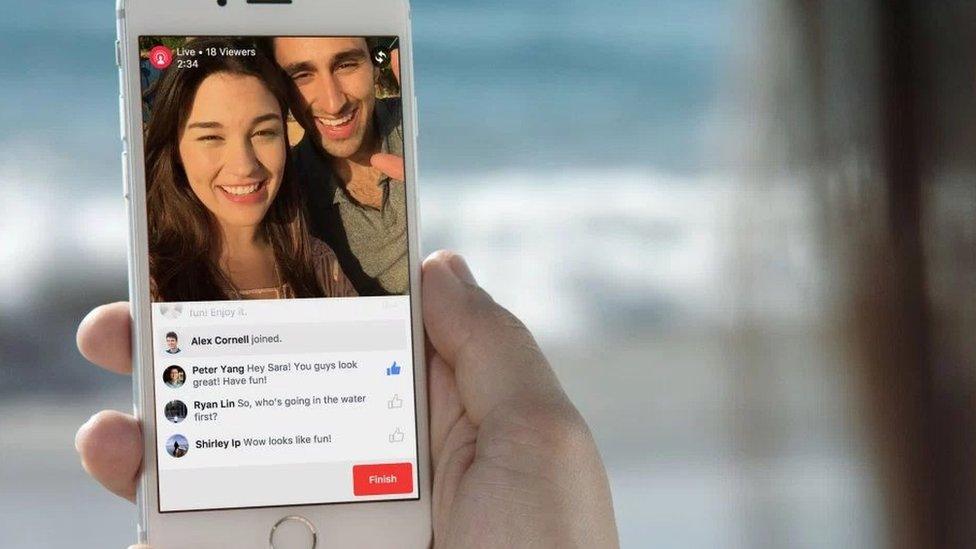
- Published18 November 2015
- Published16 October 2015
